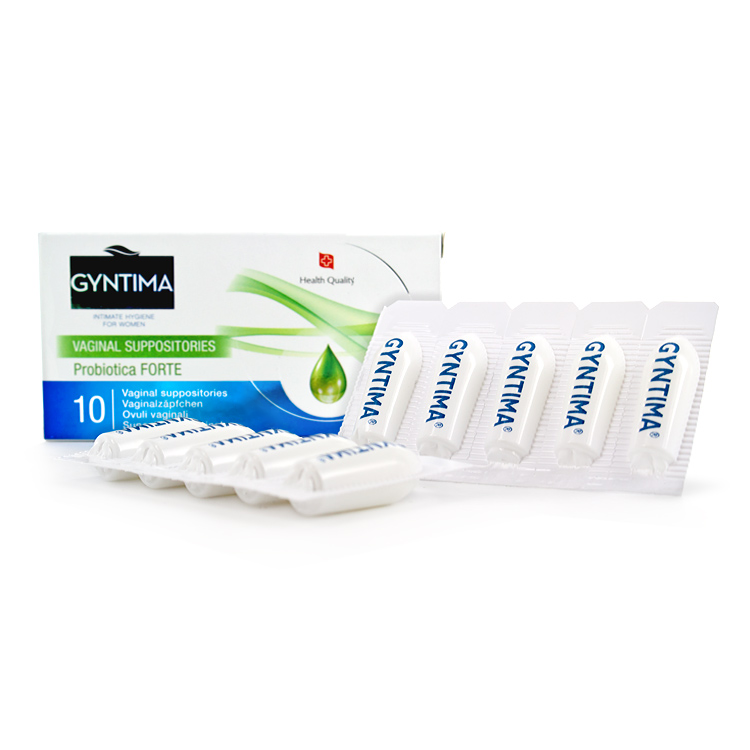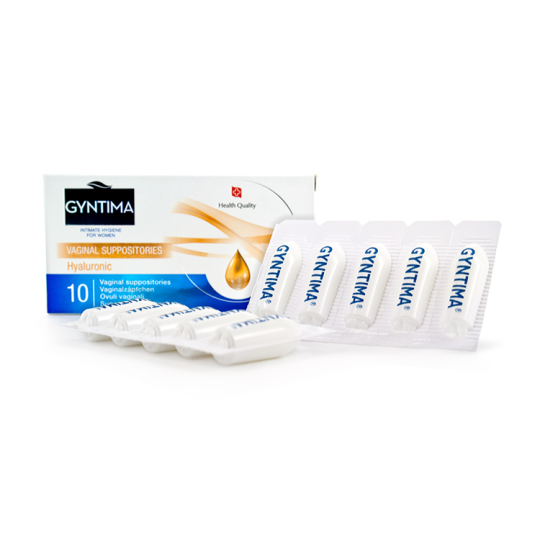Can Swimming Damage Your Intimate Health?
No one knows self-care more than your intimate area. This self-cleansing area is home to millions of tiny organisms that work with your body to keep your vagina in perfect, healthy condition. But these organisms are very delicate and need your help to keep protected.
Your vaginal canal needs to be at a pH of between 4-5 for your vaginal flora to thrive and keep your intimate area good and healthy. But a quick dip in the pool can cause problems to your intimate area.
Most swimming pools are cleaned with chlorine, which is a chemical that kills bacteria. In terms of general hygiene, chlorine is extremely helpful because the warm water in a pool is the ideal breeding ground for bacteria. But not all bacteria are bad! Your vaginal flora harnesses lots of good bacteria to keep your intimate area in a healthy condition. So, when the chlorine cuts too deep and kills off some of the good bacteria that are supposed to be helping your vagina to stay healthy, it’s no surprise if you start to feel out of balance.
How Does Chlorine Affect the Vagina?
- Yeast infection – When your vaginal pH become too basic, the fungus that causes yeast infections can grow.
- Bacterial vaginosis – An unbalanced vaginal pH can also lead to bacterial vaginosis, which, as well as being very itchy and uncomfortable, is also often accompanied by an unpleasant smelling discharge.
- Vaginitis – Anything that disrupts the vaginal pH can cause inflammation. For some people, chlorine can cause an allergic reaction in the vagina (allergic vaginitis), resulting in the vagina becoming swollen or itchy.
- Vulvitis – Chlorine can also affect your vagina externally. Your vulva can become very sensitive to chlorine which can result in the skin of the vulva burning or itching.
How to Keep Your Vagina at a Healthy pH Level
Chlorine does work to protect our health from harmful bacteria, but often at a cost of losing good bacteria too. If you have been relaxing in the pool on holiday, or if you love to swim for exercise, you can use vaginal suppositories to keep your intimate area healthy.
Vaginal suppositories ensure a healthy breeding ground for lactobacillus (good bacteria) present in the vaginal flora and provide the perfect environment for its optimal reproduction. These natural milk cultures protect the vagina from harmful bacteria and infections and ensure there is a natural biological balance of the vagina’s internal environment.
Lactobacillus suppresses the reproduction of fungi bacteria that cause infections. Gyntima vaginal suppositories can help to maintain a healthy vaginal pH level. Made from all-natural, harmless substances which nourish your vaginal flora instead of damaging them, Gyntima suppositories help to create the optimum environment needed for a healthy intimate area for protection from infections.
Check out Gyntima’s high-quality intimate health products here.
Sources
NIH Natural Library of Medicine (1998). Carr, P.L. et al (1998) Evaluation and Management of Vaginitis. J Gen Intern Med. 13(5): 335-346. [Viewed 02/01/2025]. Abstract available from: https://pubmed.ncbi.nlm.nih.gov/9613891/

GYNTIMA Vaginal Suppositories - Probiotica Forte

GYNTIMA Vaginal Suppositories - Hyaluronic

GYNTIMA Vaginal Menopause Suppositories - Menopausa




